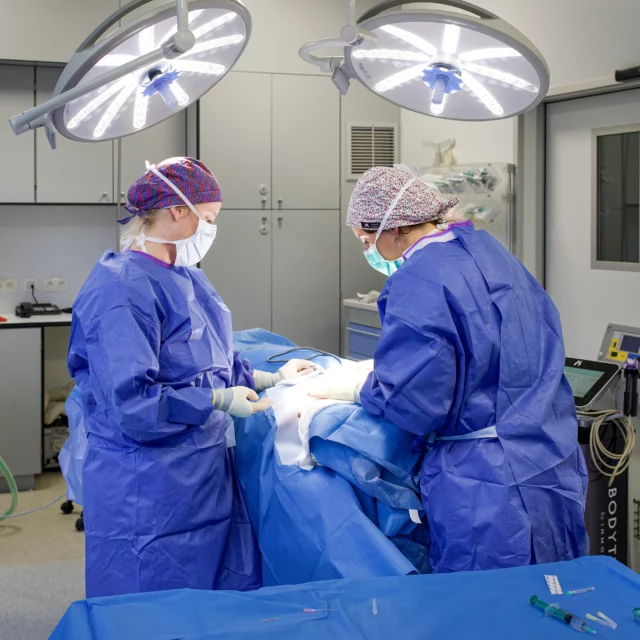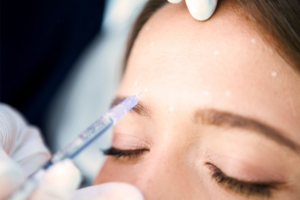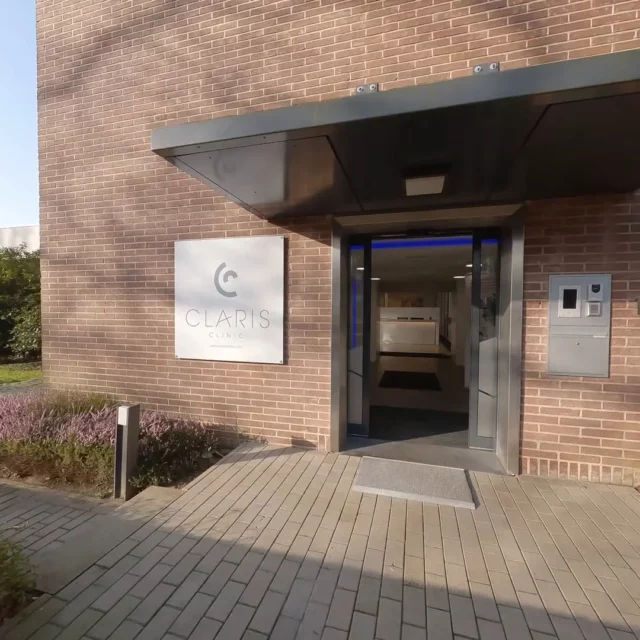What is abdominoplasty?
Tummy tuck surgery is also known as abdominoplasty. It’s a very popular surgical procedure, suitable for both men and women. The aim of this type of surgery is to enhance the appearance of your abdomen, based on three objectives: to remove accumulated fat, to tighten your skin and to improve its texture, making it smoother and more homogeneous. The appearance of your abdomen is modified by removing excess skin.
Abdominoplasty aims to remove excess abdominal skin and fat above and below the navel. Mini-abdominoplasty, on the other hand, aims to reduce unattractive excess volume in the lower abdomen. It focuses solely on the excess fat and skin below the navel up to the pubis.
Who should undergo abdominoplasty?
Abdominoplasty is designed for people who are dissatisfied with their body image, but also for those wishing to treat major skin lesions such as scars, stretch marks or muscular and skin distensions. To be eligible for abdominoplasty, you need to fit this profile:
- Be at least 18 years old
- Stable weight for at least 6 months
- Excess skin and fat, abdominal muscle distension or skin lesions
To determine whether you need an abdominoplasty, it’s important to know your body well. You need to look for any signs of sagging skin around theabdomen, or the presence of stretch marks and scars. This surgery can also be an interesting option if excess skin becomes a constraint in your daily life. Whether it’s getting dressed, feeling comfortable in your body or getting around. Candidates for this procedure may be people who have undergone several pregnancies or significant weight loss.
The benefits of abdominoplasty
- Removal of excess skin and fat
- Strengthening the abdominal wall
- Aesthetic tummy enhancement
- Stretch mark reduction
- Discreet, well-placed scar
- Lasting results with a healthy lifestyle
- Self-confidence boost

Frequently asked questions
What are the risks associated with abdominoplasty?
As with any surgery, there are potential risks associated with abdominoplasty. The two main risks are infectious and thrombo-embolic. Although these are rare, the Claris Clinic is committed to providing you with transparent information.
- At the Claris Clinic, infectious risks are extremely rare, as we adhere to strict rules of surgical asepsis.
- Thrombo-embolic accidents are venous diseases. In very rare cases, this can lead to pulmonary embolism, due to the formation of a thrombus (clot) that obstructs blood circulation. To best prevent the risk of pulmonary embolism, it is essential to stop smoking and normalize your weight.
There are other potential risks you may encounter postoperatively, in particular the formation of unsightly scars. Specific scar treatments are available to treat these. The appearance ofhematomas is also a rare risk, but possible if you rest inadequately after the operation.
What is the difference between liposuction and abdominoplasty?
Liposuction and abdominoplasty are two distinct procedures. However, liposuction can be used during abdominoplasty. It removes excess localized fat so that the abdominal skin can be re-draped. In this way, the two methods complement each other.
The liposuction is unable to tighten the skin and meet the needs of patients undergoing abdominoplasty. During a tummy tuck, two areas are removed: the hips and the part of the abdomen above the stomach.
Liposuction is also used postoperatively in cases where you gain weight after the operation. In particular, it is performed on the upper abdomen. The best way to avoid post-operative liposuction is to adopt good lifestyle habits and a healthy diet.
How do I prepare for a tummy tuck?
If the skin of the abdomen is distended or damaged by scars or stretch marks, and there is excess fat in the abdomen or flanks, abdominoplasty can be combined with liposuction.
In our Claris Clinic, abdominoplasty is a surgery that lasts between 1 hour 30 and 3 hours. It is therefore imperative to be well prepared to ensure that this surgical procedure goes smoothly. As preparation is as much physical as it is mental, here are a few useful tips:
Are there any risks associated with this procedure?
As with any surgical procedure, buttock augmentation with implants involves risks associated with the procedure, such as infections, imperfect results or changes in sensation in the operated area, as well as risks inherent in anesthesia.
- DAY 30: Smoking cessation is strongly recommended, and in the case of associated risk factors, discontinuation of oral contraception may be requested.
- DAY D – 10: No more aspirin-containing medication can be taken.
Surgeries can be stressful for some people and need to be prepared mentally to avoid any blockages. To reduce stress, you need to follow all the instructions given by our specialists. If you follow these instructions carefully, you’ll be more relaxed during the operation.
Our experts are on hand to answer all your questions about the surgical process. They can also answer any questions you may have about post-operative care.
How do scars evolve after surgery?
The abdominoplasty scar is horizontal. The healing process is long and gradual. For the first two weeks, the scar looks fine, and the sutures are removed between days 10 and 14. Thereafter, you’ll notice some reddening and an increase in scar thickness.
This is a perfectly normal process, linked to the inflammatory phase of skin healing. To rapidly heal your wound, your body multiplies skin cells. It produces essential components such as collagen and elastin, necessary for tissue reconstruction. This leads to the formation of new fibrous tissue.
Your journey in 3 steps
- Consultation
- Surgery
- Post-operative follow-up



At a glance
1 hour 30 to 3 hours, under general anaesthetic
On an outpatient basis
For the first few days, rest as much as possible on your back and avoid any sudden exertion.
Wear a compression girdle day and night for 4 to 6 weeks
1 week
1 week
Remember to remove the dressing carefully. Dry the scar properly before applying a clean dressing.
After 6 weeks, light physical activity
4 to 7 days
The result
It takes a year to judge the results of abdominoplasty, while the scar fades, although it never disappears completely.
In addition to aesthetic improvements, abdominoplasty generally brings a clear improvement in terms of comfort.




